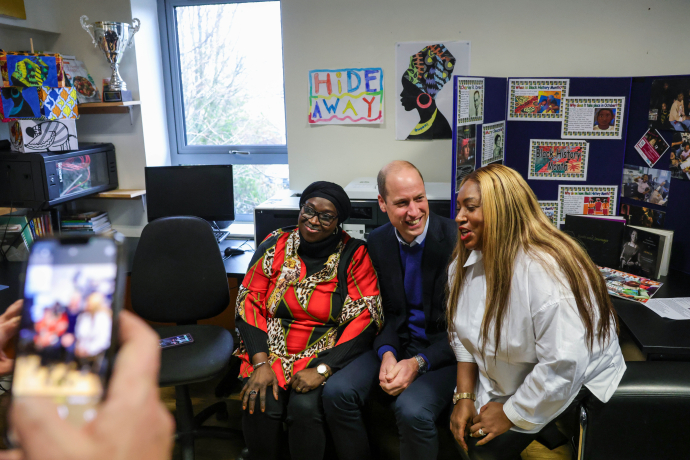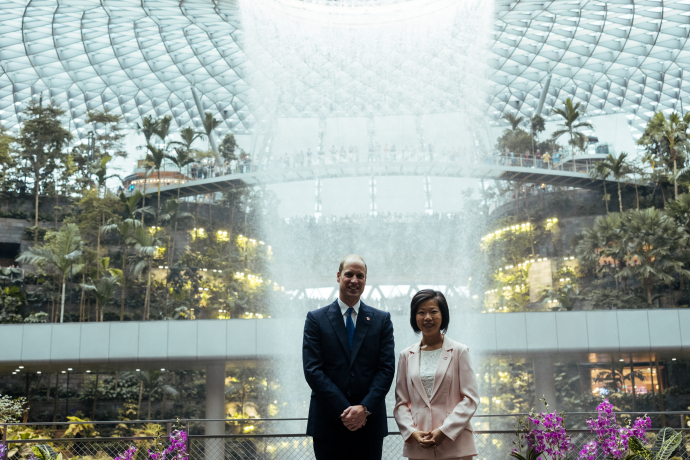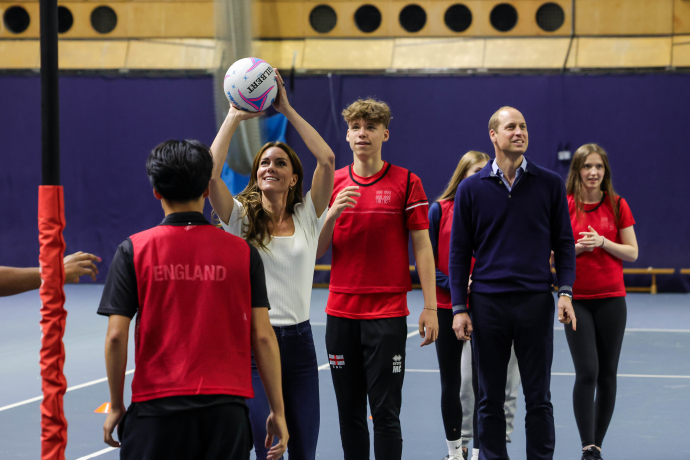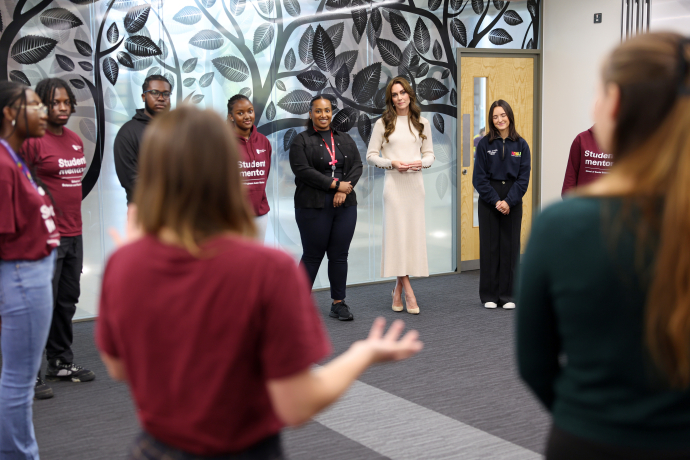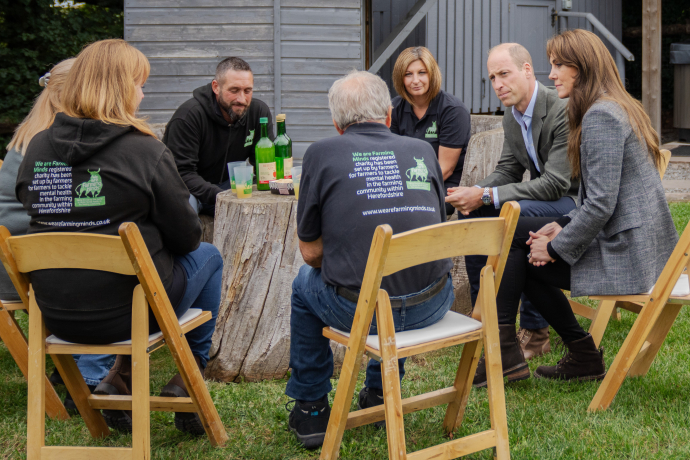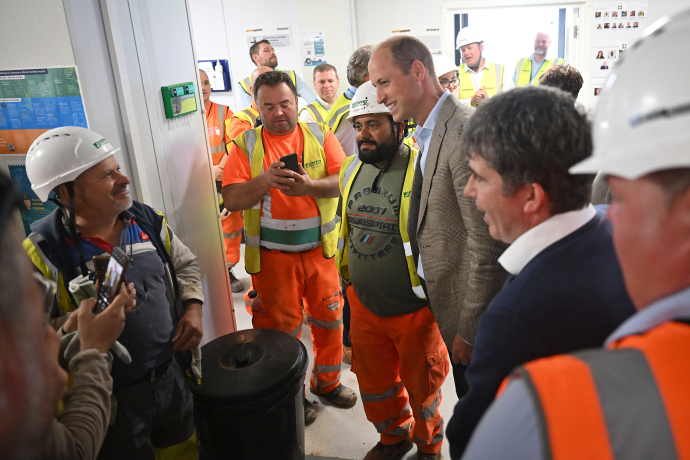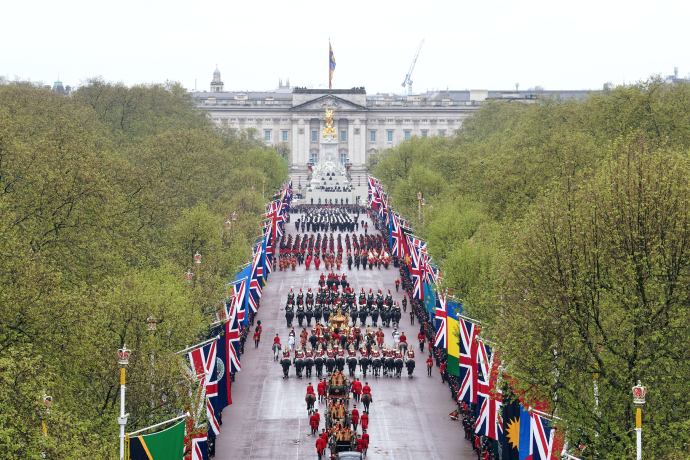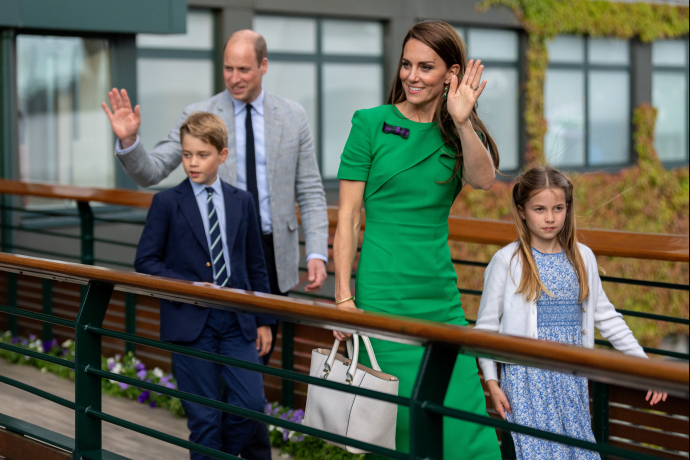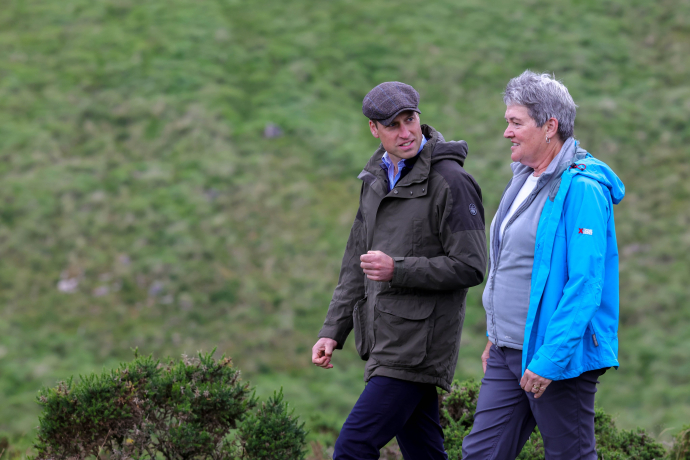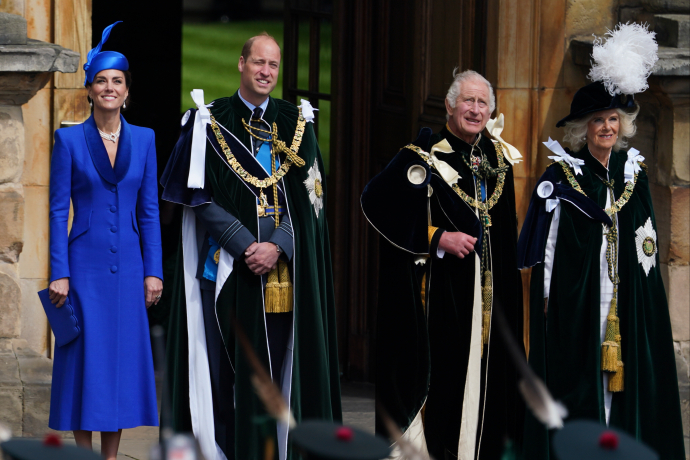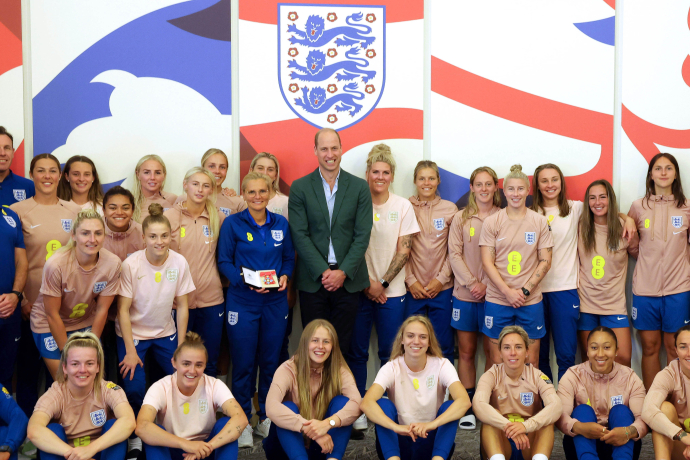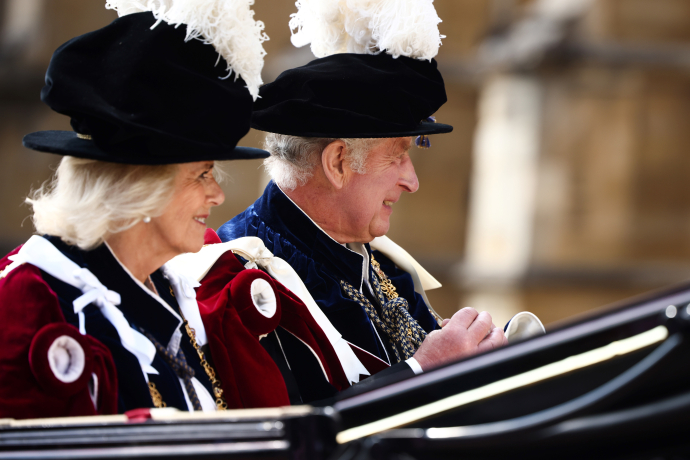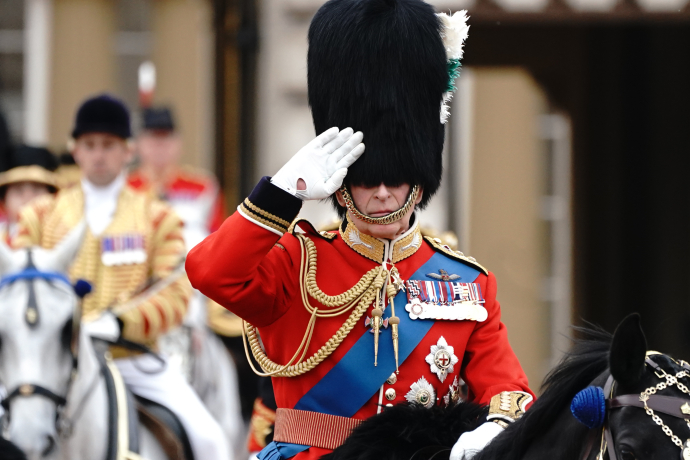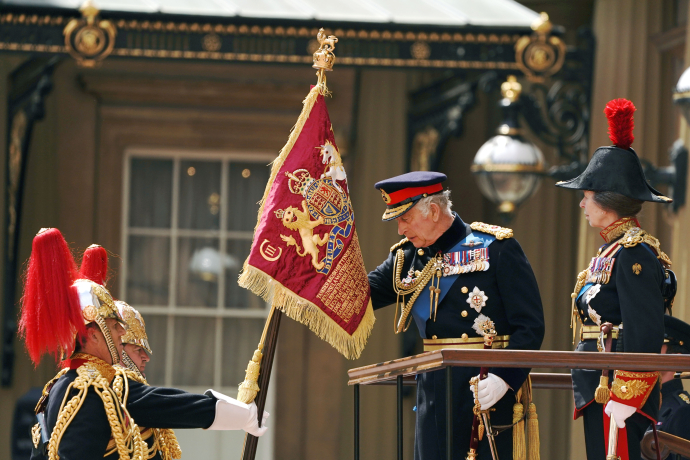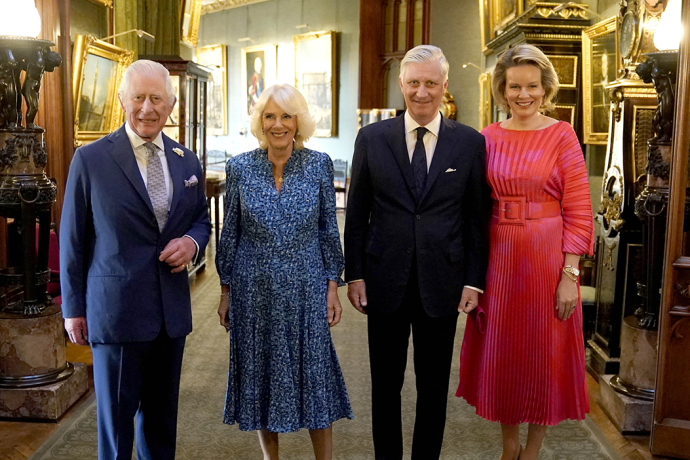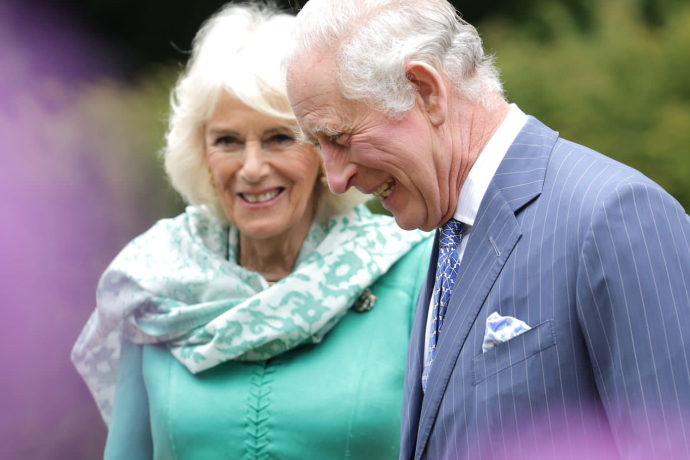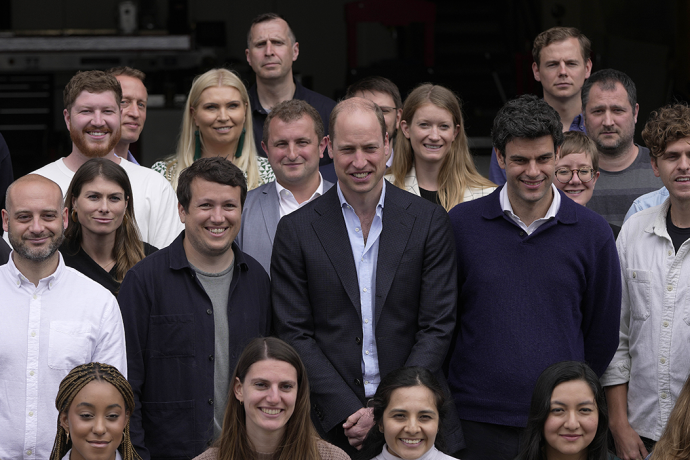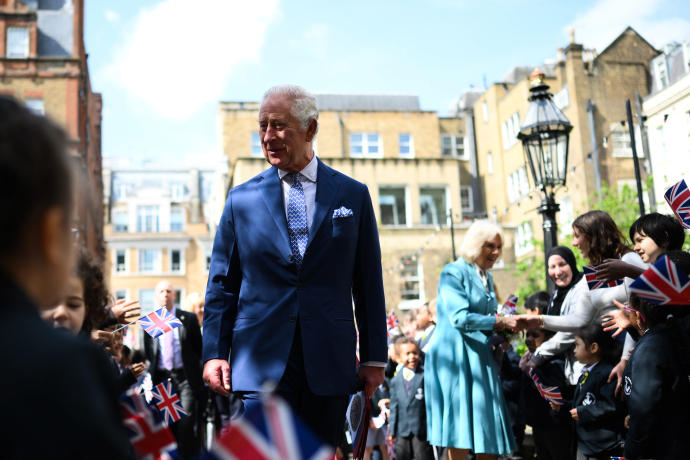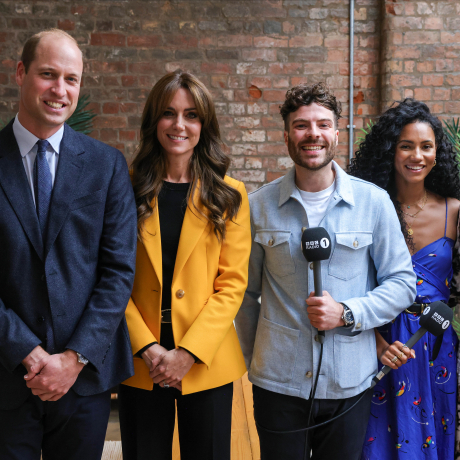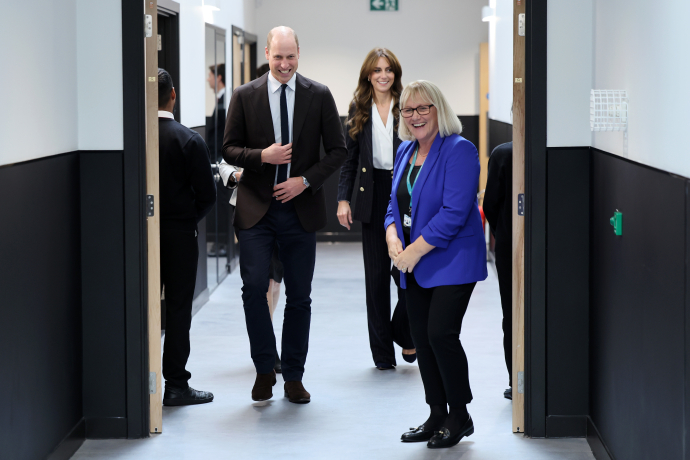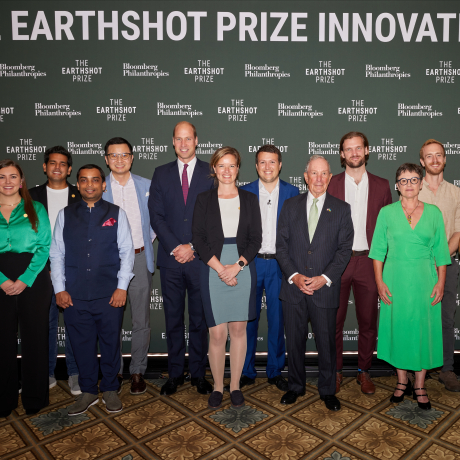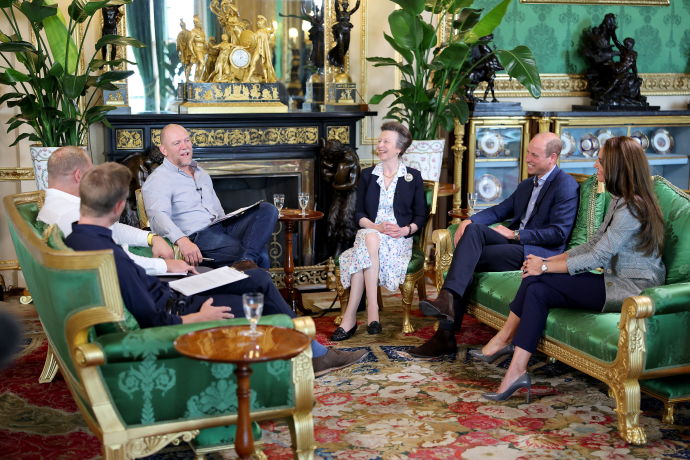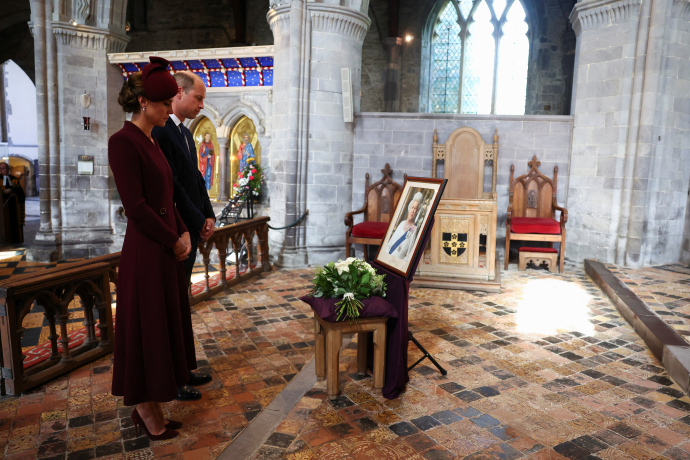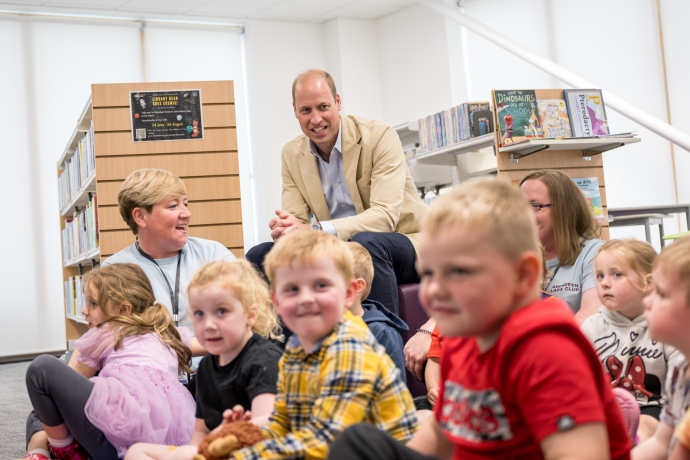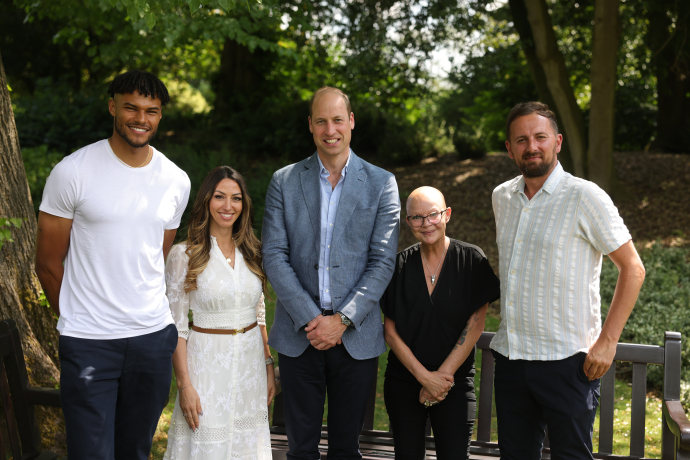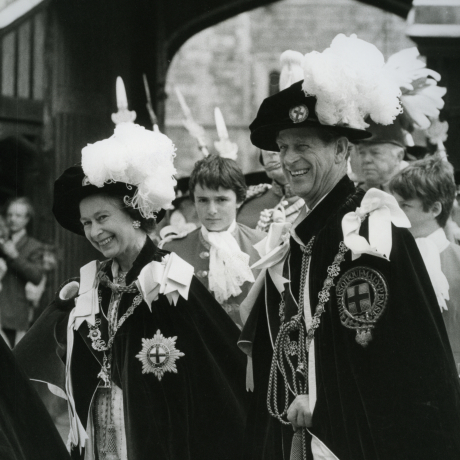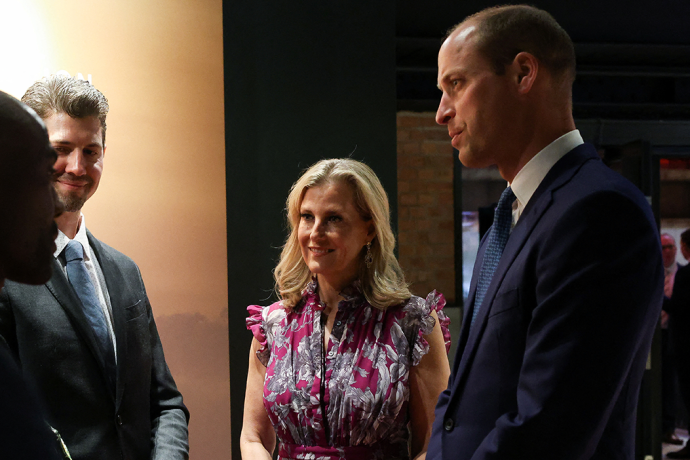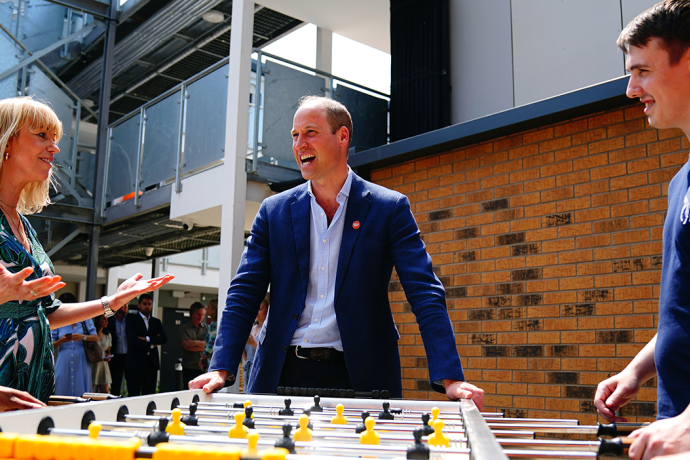A speech by The Duke of Cambridge at the Elephant Protection Initiative Consultative Group Meeting, Battersea
Published
President Bongo, Your Excellencies, Ladies and Gentlemen. Good afternoon.
I am delighted to be here today at your first meeting.
Ever since the Elephant Protection Initiative (EPI) was created four years ago at the first Illegal Wildlife Trade Conference in London, I have continued to believe that it offers the best, African-owned approach to protecting African elephants.
And if we can successfully protect this iconic animal, then we will also succeed in protecting the many other endangered species who rely on the same habitats.
The elephant must be seen as a test case for all our conservation efforts.
The EPI has contributed to remarkable progress over the past four years.
Domestic ivory markets are closing. The international ivory trade has plummeted. And Government held ivory stockpiles are being put beyond economic use.
I saw this for myself last week when the Tanzanian Minister for Natural Resources and Tourism showed me around an ivory stockpile in Tanzania. It was a sobering experience.
Thousands and thousands of tusks were arranged neatly on shelves. Some tusks from adult bulls were taller than me. Some from baby elephants were barely as long as my hand.
About half of these tusks were the result of natural mortality. But the other half had been seized from poachers.
The EPI is doing great work to develop and establish the systems that will help your Governments monitor, secure, and complete full inventories of ivory stockpiles.
But I left the stockpile with the overriding feeling that these tusks would be far better off in the animal than on the shelf.
I understand that the focus of today's meeting is to spur yourselves on to achieve what is admittedly the hardest objective of the EPI. That is the implementation of the Action Plans that underpin it.
Ranging from anti-poaching mechanisms, to sustainable livelihoods for rural populations, these Action Plans embrace the UN Sustainable Development Goals. They set out a path to a sustainable future for elephants, for the communities that they live beside, and the economies that benefit from them.
And most importantly, they are your plans.
They are African owned plans, which are determined by your national priorities and individual circumstances.
They are underpinned by a common principle that ivory will not be sold commercially. But crucially they give each Government ownership and control over how to manage their own elephant populations in their own way.
Your discussion will focus on how to fund these Action Plans. I hope that there is the collective will in this room to make significant progress today.
The EPI represents hope.
Hope that our children and future generations will have the opportunity to observe elephants in the wild, co-existing with local communities who have a vested interest in protecting them and their habitats.
I wish you all good luck for the vital work ahead.
Thank you.
Related content

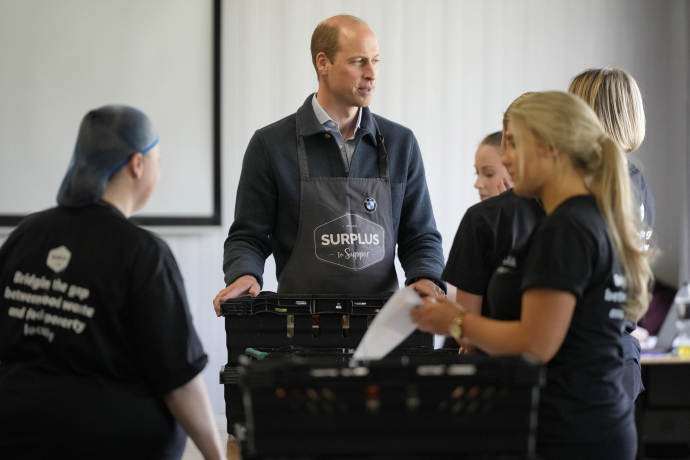
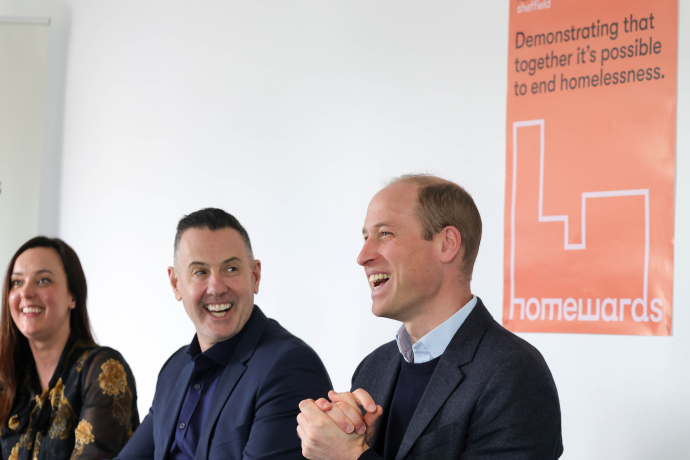
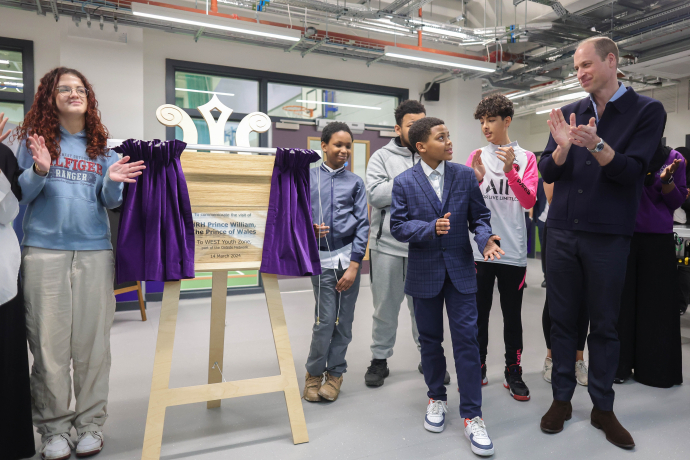


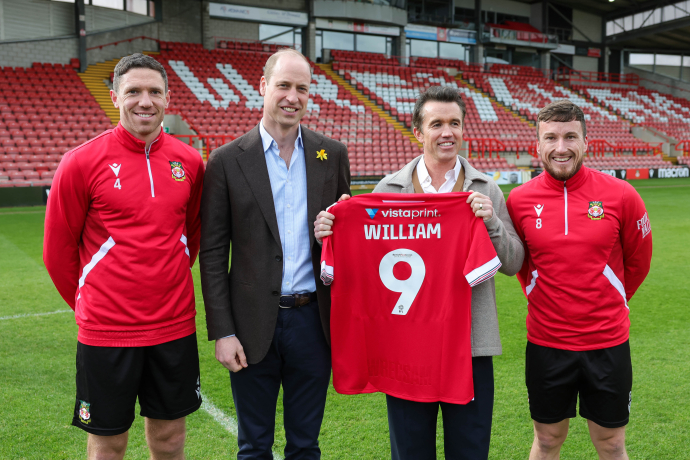
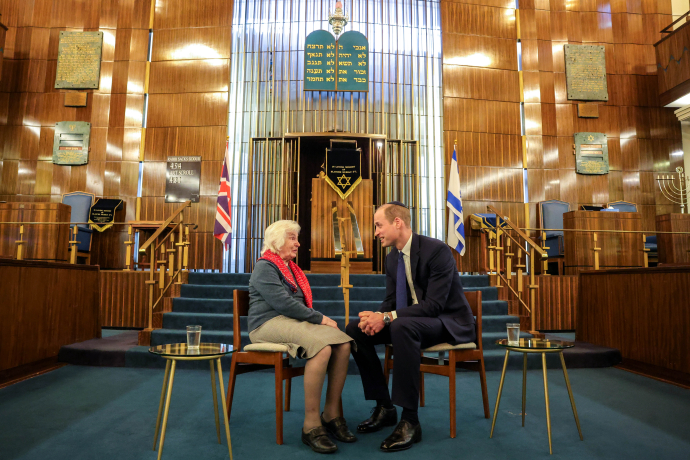
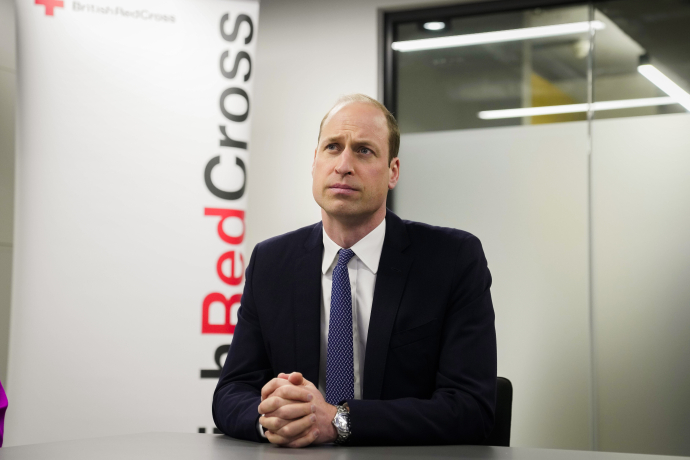

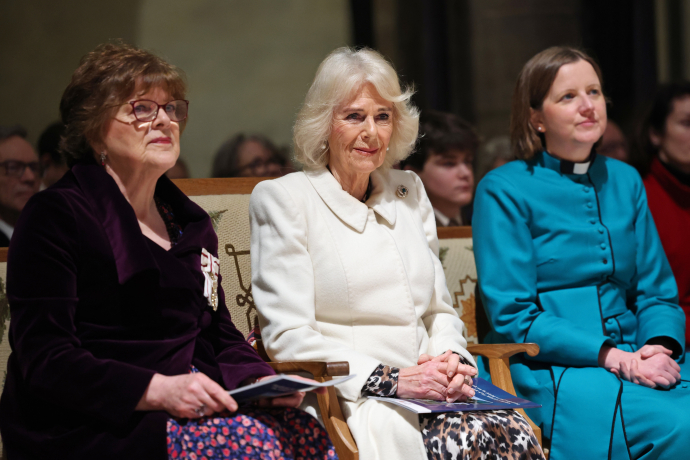

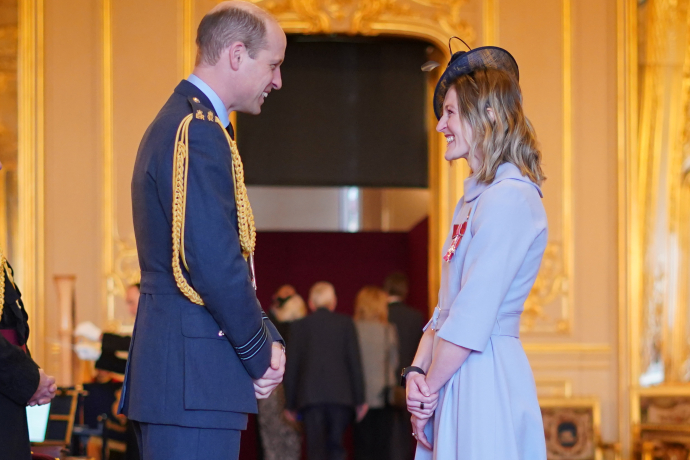
The Prince of Wales visits Manchester, launching latest Community Impact Project
16 November 2023